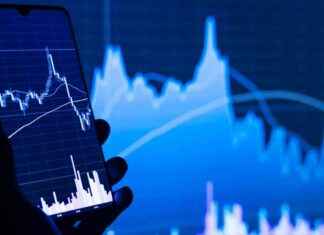“The future will say if we have learned something from this pandemic,” María Neira, Principal of Public Health Director of the World Health Organization (WHO) has been attended during his intervention in the ‘XXI century challenges’ cycle, organized by Foundation.
‘La Caixa’, the world and economic current at the Madrid headquarters of Caixa Forum.
Neira has explained that the Covid has revealed the “importance of universal health coverage” and medical research and recalled that although we have all been surprised by the rapidity with which vaccines were invented, that development has been
Possible because “there has been a scientific and research work” without which this world success would not have been possible.
The need to have those the necessary material resources is another lesson of this crisis, she added.
“This virus is going to be endemic,” the public health director has continued, so we must maintain all the precautions and, about, all follow with vaccination campaigns.
“That vaccination is mandatory or is not a sovereign issue of each government, but if we ask us, we say: ‘Vacúnense’. Regarding the need for a third dose, Neira has affirmed that we have to study vulnerability every person or
The reduction in the time of immunization, among other things, to make decisions.
“More pandemics are going to arrive,” he said, and for this, has encouraged to fight for the preservation of the environment as a fundamental weapon.
“Everything we do with the environment will have to do with those pandemics.”
Avoid the destruction of ecosystems, biodiversity, etc.
It should be “the first retaining wall” against new viruses.
Therefore, Dr. Asturiana has encouraged to fight climate change “because it is beneficial for health.”
And she has pointed out three transitions that society should consider, as a lesson of this pandemic: the energy transition, in search of non-polluting sources that, for example, contribute to keeping the air clean;
The urban transition, to make “cities designed for man and not for the car, and the food transition, which leads to rethinking all the processes, from the production of food, its commercialization and, of course, the development of healthy diets.
Neira has highlighted that this health crisis has increased inequality between countries – “for example, among those who have universal health coverage and those who do not” – so there is also a “just transition” towards postcovid society: ”
I consider that a healthy, green and economically profitable recovery is possible “, it has concrete.







